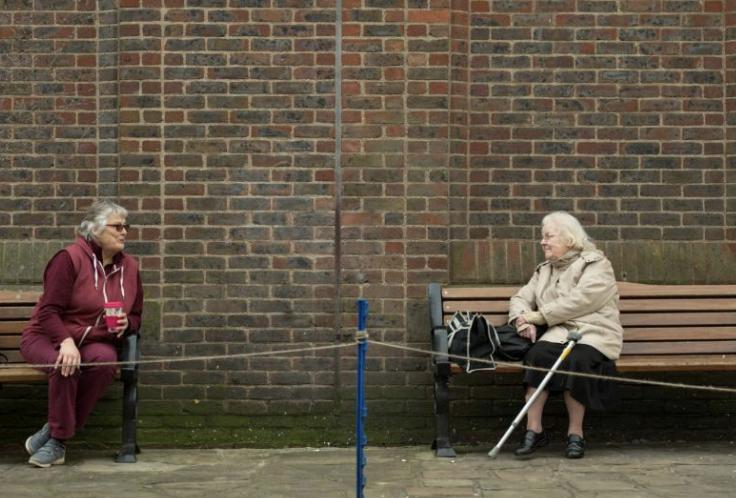One would think that the small army of pandemic deniers would start thinning as the number of cases and deaths rise. It’s not happening. Some of us, including here on the Eastern Shore, see the problem as a combination of overreaction and disastrous policy decisions. Covid-19 is not terribly different than a bad year of the “regular flu,” they say. And, had misguided politicians not shut down the economy, life would be continuing largely as it did before, especially in places like Talbot and Kent counties, where the number of coronavirus cases has been relatively small.
Much to my horror, both as a senior and as someone with an impaired immunity system, some are purposely ignoring directives on social distancing and other steps intended to stop the spread of contagion. It is likely that if restaurants were open, pandemic deniers would be eating out, partying, and otherwise socializing as they did before the crisis. And if some of these deniers get a cold, it’s likely that they won’t take special efforts to avoid infecting others.
Such behavior, in the current environment, is criminal, or at least it should be. Ignoring proven means of preventing the spread of the virus is the same thing as purposely passing it on to others. Depending on your demographic, that could mean creating a risk as high as 1 in 10 of killing someone.
Fortunately, political leaders are taking steps to enforce the behaviors that should have been enthusiastically embraced by all of us. One hopes that it won’t be necessary to arrest or jail anyone, but most likely it will be. Unfortunately, the number of violators stopped by enforcement will likely be dwarfed by the number who ignore the directives and are not caught. It’s inconceivable that all “banned” birthday parties, social distancing violations, unwashed hands, and other “violations” will be stopped.
So, what to do? First, in addition to supporting efforts to contain, treat, and stop the pandemic, learn what the “rules” are and follow them. The Spy, CDC, and dozens of other media outlets provide easy access to details. Second, when a neighbor or friend violates the “rules,” say something. For example, earlier this week, I ran into neighbors while walking my dog. The neighbors, suffering from the same cabin-fever afflicting many of us, immediately walked very close to me. The husband stuck out his hand to shake mine, smiling while he did it. “Good to see you, John,” he said, “How are you holding up?” I instinctively started to extend my hand but immediately thought better of it and took a quick three steps back. “I’m social distancing,” I said, forcing a smile. “I’m trying to get used to the new world.”
Fortunately, my neighbors were not offended. They both politely laughed. The wife even said, “You can’t be too safe.” I smiled back and commented, “I’m looking for all this to be behind us.” The friends nodded and we both went our separate ways.
My statement, that I’m looking forward to the end of the crisis, is obviously true. Unfortunately, I believe we are on the front-end of the crisis. I expect worldwide cases of infection to top one million in the immediate future and three million by the end of April. I also expect the death toll to continue to rise, not only in cities, but also in rural areas. I understand that when the virus hits poorer parts of the world, the rates of death will skyrocket proportionately to the lack of available medical care.
I hope not to personally become one of the statistics, but it’s not really in my control. Governor Hogan, on March 29th commented, “I think that in two weeks, around Easter, we’re going to be looking at lot more like New York.” Dr. Anthony Fauci, the same day, suggested that the U.S. could see as many as 200,000 deaths. My hope is that the pandemic deniers wake up.
If I am surrounded by even a few reckless, thoughtless, selfish, misguided, stupid people, my odds of infection increase. That is why I am angry at the deniers. You should be too. And, if you examine your behavior and see that you are part of the problem, please act now. You’re putting countless others at risk.
J.E. Dean of Oxford is a retired attorney and public affairs consultant. He is a former counsel to the House Committee on Education and Labor. For more than 30 years, he advised clients on federal education and social service policy.



Write a Letter to the Editor on this Article
We encourage readers to offer their point of view on this article by submitting the following form. Editing is sometimes necessary and is done at the discretion of the editorial staff.